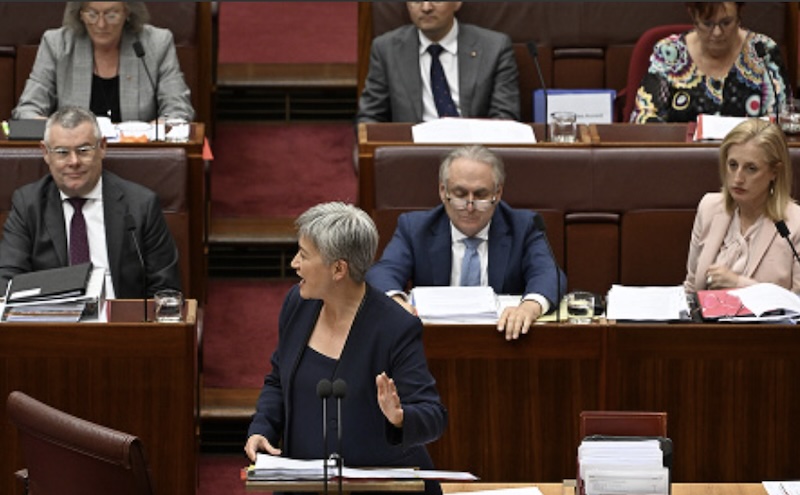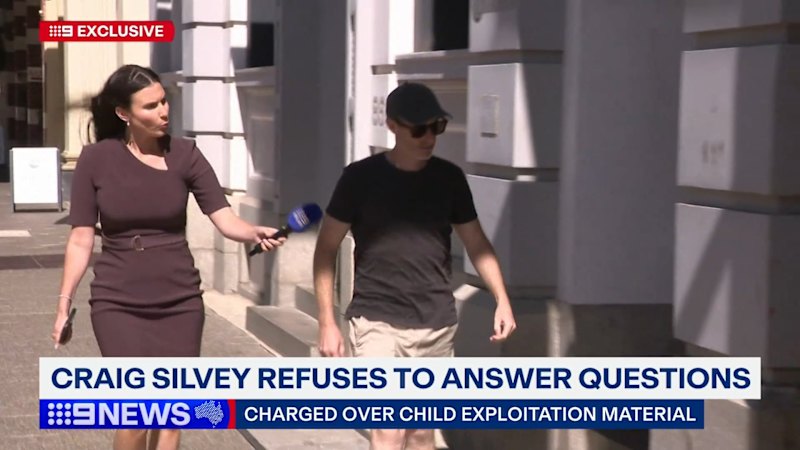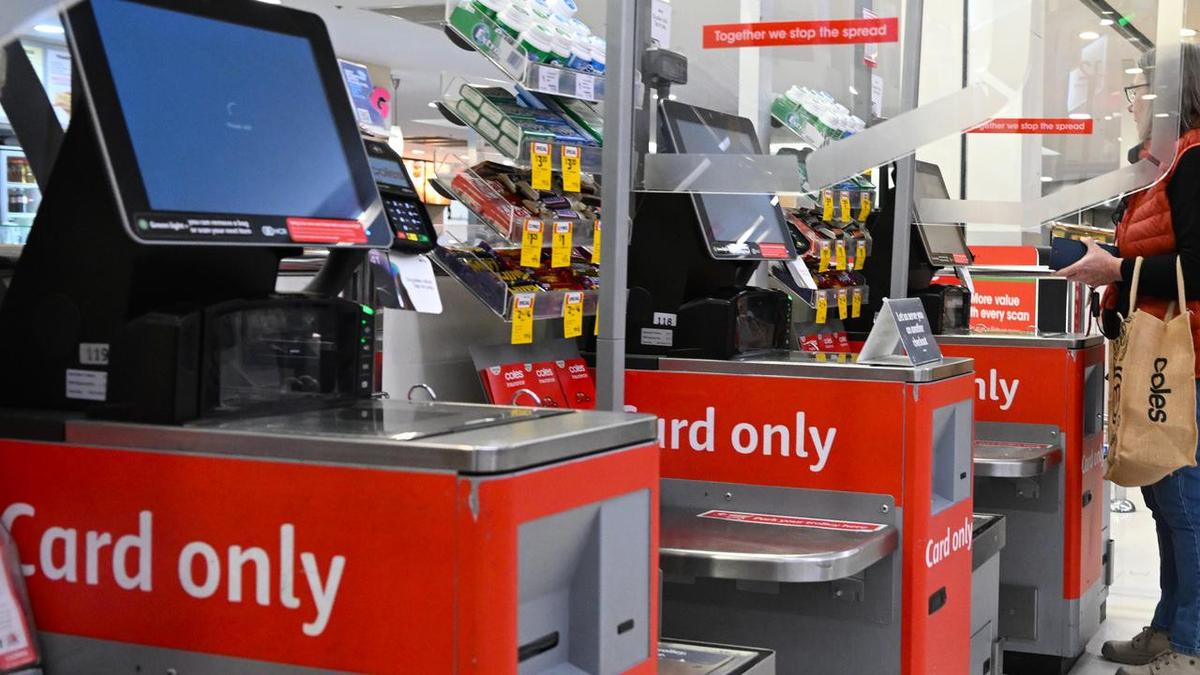
Screenshot
UPDATE: New polling data reveals a dramatic shift in Australian politics, with a growing demand for a “Teal” Senate ticket, as the Coalition faces severe electoral challenges. The latest Newspoll shows the Coalition plummeting to just 27% of primary votes, while Labor leads at 36%, and a collective group of independents and minor parties, labeled as “others,” surge to 37%.
This urgent development highlights a critical moment in Australian politics, as the traditional duopoly struggles to connect with voters. Within the “others,” One Nation holds 10% and the Greens command 13%. Notably, a significant 14% of voters support a range of community independents, reflecting a desire for change.
The Redbridge poll further underscores the potential for independents, with many community candidates having previously exceeded 14% in the House of Representatives elections. Eight independents won seats, but with 35 community candidates in total, the appetite for a united Senate ticket is evident.
However, despite the demand, logistics and the nature of community independents present challenges for forming a cohesive Senate strategy. Currently, the Senate composition includes 29 Labor, 27 Coalition, 10 Greens, and others, leaving little room for independents to gain traction.
Former political journalist Michael Pascoe emphasizes that while the need for a centrist group is palpable, the absence of a unified political party could hinder their impact. The current independent candidates prioritize community representation over party affiliation, complicating the formation of a Senate ticket.
To achieve a viable Senate presence, community independents would require an estimated 800 volunteers per electorate, doubling their efforts on polling day. However, logistics remain daunting, as they struggle to coordinate support across varying political views and local movements.
As Labor appears set to maintain a strong majority, the Senate could become a battleground for independents seeking to influence policy. With the Coalition faltering and public sentiment shifting, the call for a sensible centrist option grows louder.
In this rapidly changing political landscape, the desire for a “Teal” Senate ticket remains strong, yet the means to establish one is fraught with complications. This ongoing situation warrants close monitoring as the next elections approach, with the potential for significant shifts in the Australian political arena.
Stay tuned for further updates on this developing story as the dynamics of Australian politics continue to unfold.







